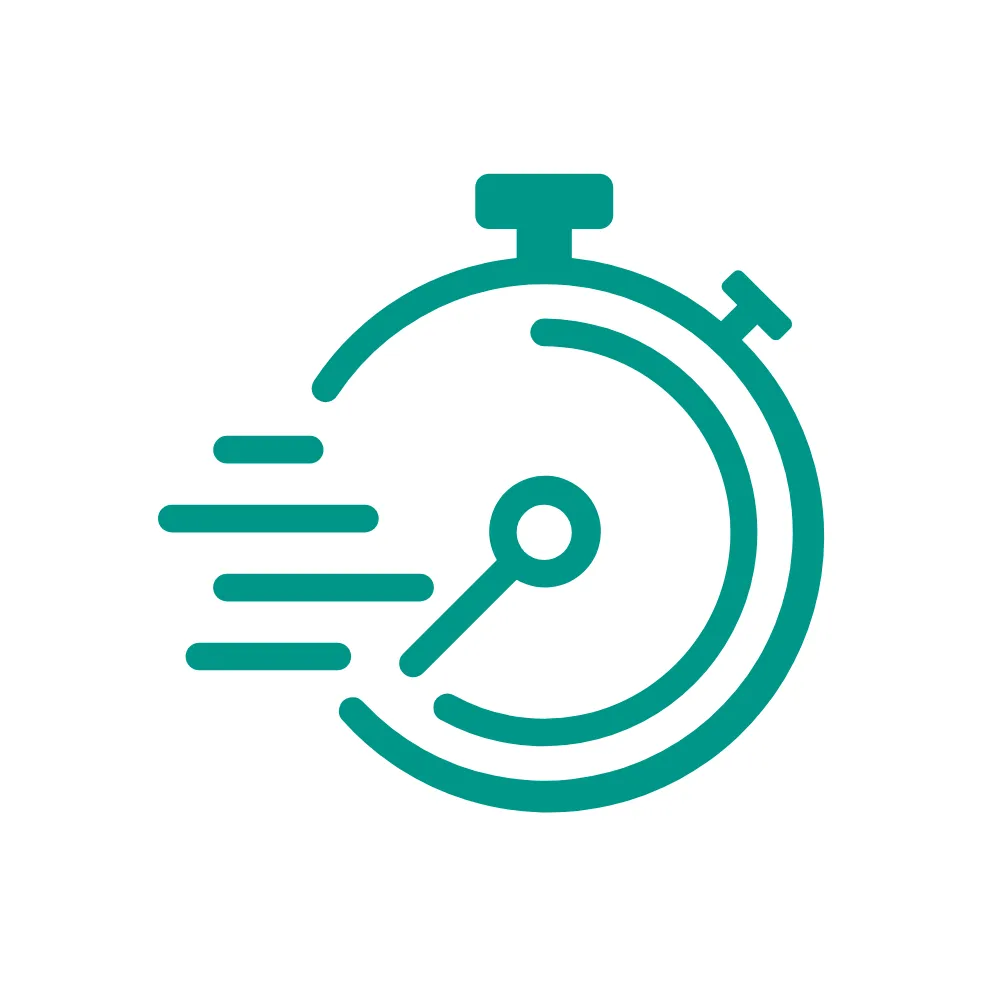Tests For Slow wound healing in Pune
A list of lab tests and other self-help tools for Slow wound healing in Pune
What is Slow wound healing
A process of tissue repair that occurs at a slower rate than normal.
List of Lab Tests For Slow wound healing
- CBC-Complete Blood Count
- PT INR APTT Test
- CRP-C Reactive Protein (hsCRP)
- Erythrocyte Sedimentation Rate (ESR)
- Glucose Tolerance Test
- Fibrinogen Level Test
- Vitamin D Test
- Ferritin Test
- Antibody Tests
- ACR Test
How will these tests help?
The group of tests will help us understand why you are having slow wound healing. We will be able to get a better understanding of the issue by assessing your overall health, as slow wound healing can be indicative of a variety of underlying health issues
The first group of tests includes: Complete Blood Count (CBC), Prothrombin Time (PT), C-Reactive Protein (CRP), Erythrocyte Sedimentation Rate (ESR), Fibrinogen Test, Vitamin D Level Test, Ferritin Level Test and Antibody Tests. These tests will help us determine if any underlying health issues, such as an infection, a vitamin deficiency or an autoimmune disorder, are causing your slow wound healing
The second group of tests includes Glucose Tolerance Test (GTT) and Creatinine Level Test. These tests are used to assess your overall health and wellbeing, which can also be a contributing factor to slow wound healing.
Book Tests for Slow wound healing in Pune
Pathofast offers Tests for Slow wound healing at our center in Manisha Terrace, Moledina Road, Pune, Camp, India
Our lab in Pune, is known for its exceptional hygiene, polite staff and quick reports
Our Pune Center, is located close to the railway station and the Swargate Central Bus Depot, as well as the new Metro Lines
Please choose an option below to proceed with your booking:
Self Test for Slow wound healing
Answer the following 3 questions to know whether you should get yourself investigated further


Result :
List of symptoms associated with Slow wound healing
-
 Redness and inflammation around the wound
Redness and inflammation around the wound
You may have noticed that the area around the wound is red and swollen. This is the bodys natural response to injury, and it is a sign that the wound is not healing as quickly as it should.
-
 Pain or discomfort
Pain or discomfort
You may have experienced pain or discomfort in the area of the wound. This can be a sign that the wound is not healing as quickly as it should.
-
 Pus or drainage
Pus or drainage
You may have noticed that the wound is producing pus or a clear or yellowish liquid. This is another sign that the wound is not healing as quickly as it should.
List of home remedies for Slow wound healing
Try these at home, only after consulting your doctor
-
 Eat a nutrient
Eat a nutrient
rich diet
grade -
 Manage stress
Manage stress
Stress can slow the healing process, so it’s important to manage it as much as possible. Activities such as yoga, meditation, and deep breathing can help reduce stress.
grade -
 Keep wounds moist
Keep wounds moist
Applying a thin layer of petroleum jelly, coconut oil, or aloe vera to the wound can help keep it moist and promote healing. Additionally, keeping the wound covered with a clean bandage can help protect it from further irritation.
grade


